Apple's next life-saving device could be the second gen AirPods Pro

When it comes to an Apple device that saves lives, the Apple Watch is the product that first comes to mind. The wearable's heart rate monitor, EKG, and fall detection feature have already saved a number of lives including the one we told you about recently. A 25-year old man passed out inside an ER bathroom and had to undergo emergency brain surgery for life-threatening hematomas and a fractured skull.
AirPods Pro could join Apple Watch in saving lives as soon as next year
Back in June, word starting spreading that Apple was planning on making another one of its devices a life saver, the AirPods Pro. The in-earable wireless Bluetooth earbud happens to contain sensors that could be used to monitor health-related features. These sensors include dual optical sensors, a motion-detecting accelerometer, a speech-detecting accelerometer, and a force sensor.


With speculation that the next version of the AirPods Pro will include some health tracking capabilities, the current version of the device was able to monitor a user's respiratory rate (RR) without adding new sensors. Instead, the two microphones on the AirPods Pro were used to track a user's RR before, during, and after exercising. Apple posted the results of a study that used a neural network to remove noise from the recordings, and to analyze the sounds.
The researchers involved in the study say that their research is unique, "The work is unique in three main ways, in that it estimates respiratory rate from a wearable microphone under natural ambient conditions both indoors and outdoors, uses a model-driven approach to estimate respiratory rate directly from filterbank energies, and introduces situational awareness through multi-task learning so that the model could discern high [signal-to-noise ratios] SNR conditions from low ones."
Using the AirPods Pro to track RR could give a user a head start and allow him or her to receive medical treatment from a doctor faster after receiving notifications that something about a user's respiration is not normal. Heavy and abnormal breathing, greater than 25 breaths per minute, can be detected using the AirPods Pro. The respiratory rate feature is expected to debut on the upcoming watchOS 8 update and the data collected by the timepiece will surface on the Apple Health app.
Second-gen AirPods Pro featuring some health-related capabilities, should hit the shelves next year
In iOS 15, users will be able to share some health information with others including their physician, parents, children, and partners. Besides some of the health related metrics collected by the Apple Health app (such as data related to your heart rate).
Right now, the Apple Watch appears to be the device to buy if you want to survive a heart rate that is too high or too slow, abnormal heart rhythms that could lead to atrial fibrillation, dangerous falls that lead to an LOC (that's loss of consciousness for those who don't watch doctor shows), and low blood oxygen readings that can bring on hypoxemia that can affect your heart and brain.
But perhaps as soon as next year, the second-generation AirPods Pro will be another Apple device that the health-conscious should buy. We do expect the next AirPods Pro unit to hit the shelves some time next year and it just might be another arrow in the quiver as Apple seeks to improve the ease with which its device owners discover that they do have a serious health issue that needs to be taken care of immediately.
Follow us on Google News




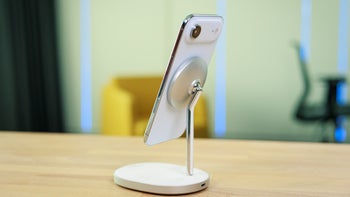
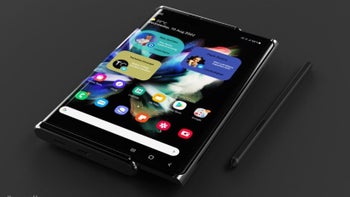
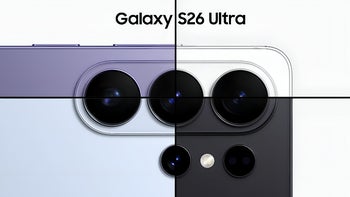
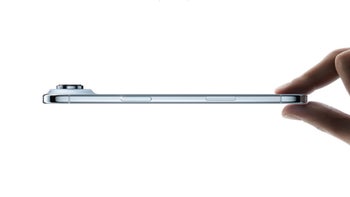




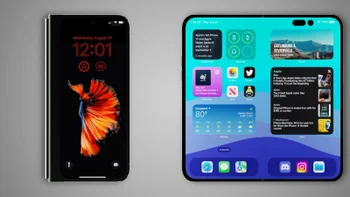
Things that are NOT allowed:
To help keep our community safe and free from spam, we apply temporary limits to newly created accounts: